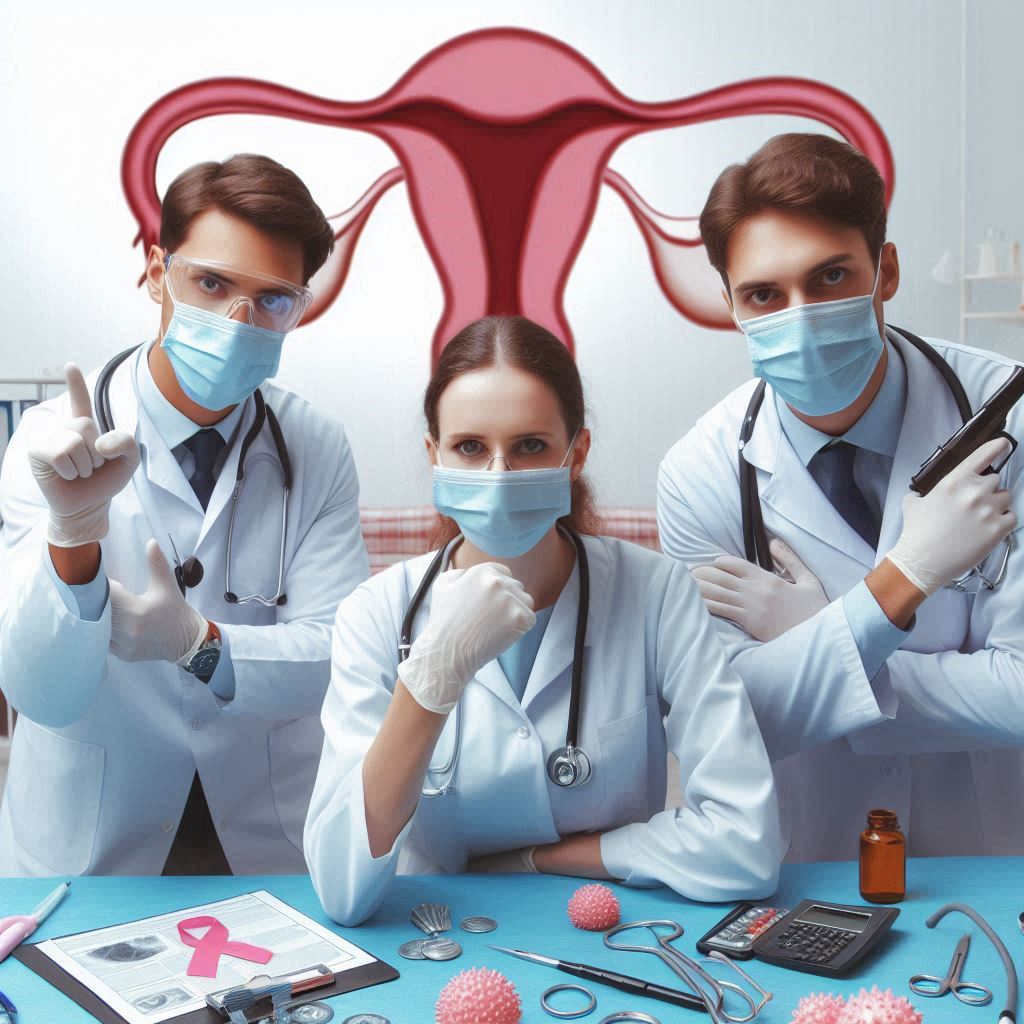
Endometrial cancer is a serious health challenge that requires attention. Obstetricians and gynecologists play a crucial role in this fight. They are at the forefront of detecting and managing this condition. Many women first visit their gynecologist for other issues, like fibroids Garden City. This visit can often lead to early detection, which is key in treating endometrial cancer. With routine examinations, gynecologists can identify symptoms early and guide effective treatment. Their expertise and early intervention make a real difference.
Understanding Endometrial Cancer
Endometrial cancer begins in the lining of the uterus, called the endometrium. It is the most common type of uterine cancer. Symptoms often include abnormal bleeding, which should not be ignored. Other signs can be pelvic pain and unexpected weight loss. Prompt attention to these symptoms is important. Gynecologists can provide the necessary guidance and support.
The Role of Routine Exams
Routine exams by gynecologists help in early detection. During these check-ups, they can identify irregularities. Early detection allows for more effective treatment. Gynecologists can recommend further tests, if necessary. These can include ultrasounds or biopsies. Through these methods, they gather essential information to form a treatment plan.
Approaches to Treatment
Treatment for endometrial cancer varies. It depends on the stage of the cancer. Common treatments include surgery, radiation, and hormone therapy. Gynecologists often coordinate with oncologists for comprehensive care. They help to tailor treatment plans to each patient’s needs. This personalized approach improves outcomes.
Prevention and Lifestyle
Preventing endometrial cancer involves lifestyle choices. Maintaining a healthy weight is crucial. Regular exercise and a balanced diet help reduce risk. Gynecologists can offer advice on these lifestyle factors. Additionally, they may discuss the role of birth control pills. These pills can lower the risk of endometrial cancer.
Statistics and Outcomes
| Stage | 5-Year Survival Rate |
| Localized | 95% |
| Regional | 69% |
| Distant | 17% |
These statistics highlight the importance of early detection. The survival rate for localized cancer is significantly higher. This underscores the role of gynecologists in early intervention. For more information, visit the National Cancer Institute.
Research and Advances
Research in endometrial cancer is ongoing. New treatments are being developed. Gynecologists stay updated on these advancements. They integrate new findings into patient care. Participation in clinical trials may be recommended. This offers access to cutting-edge treatments.
Support and Resources
Emotional support is vital during cancer treatment. Gynecologists can recommend support groups. These groups provide community and understanding. Patients are encouraged to seek these resources. For support options, check the Centers for Disease Control and Prevention.
In summary, obstetricians and gynecologists are key allies in the fight against endometrial cancer. Their role in early detection and management is essential. With their help, patients can navigate their treatment journey with confidence. Regular check-ups and attention to symptoms are crucial steps in this process.